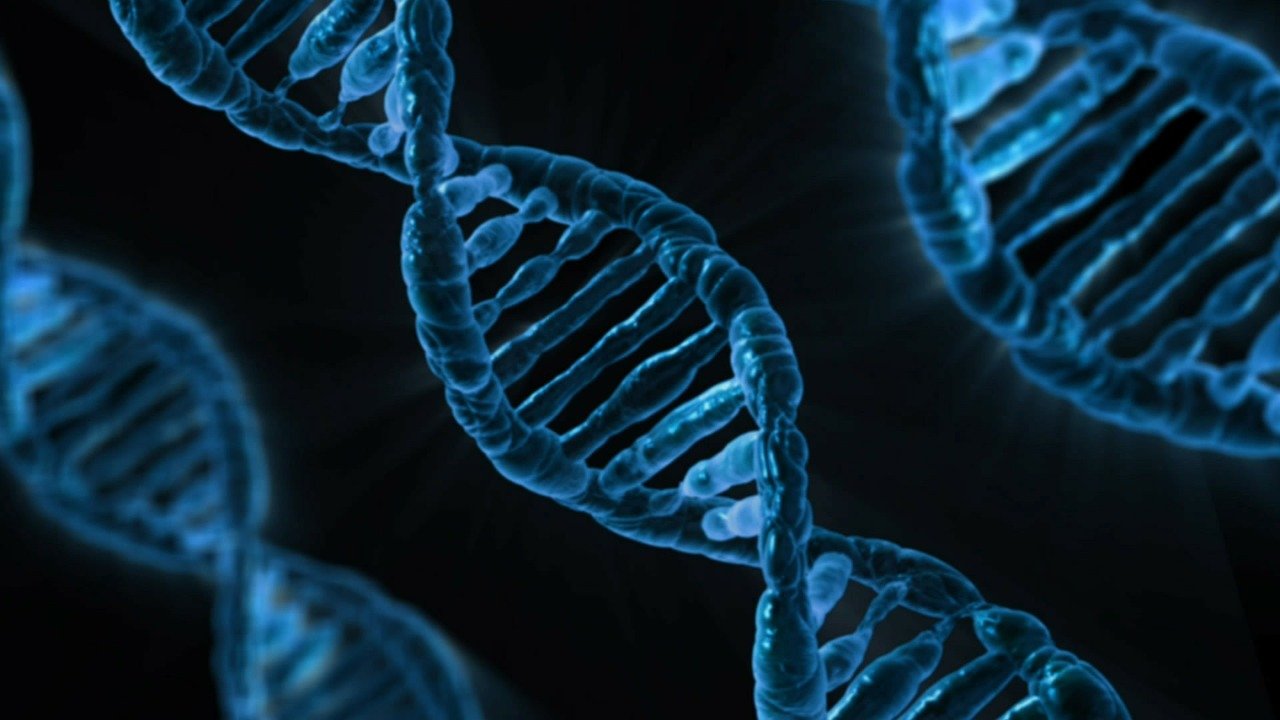Lucky genes can protect obese people from disease

Imogen Poyntz-Wright, Online Science Editor, discusses the identification of lucky genes with regards to obesity in humans.
Obesity is a serious medical condition which affects around 650 million people globally, with the number of obese people increasing. The problem of obesity is more of a western world problem and results in 2.8 million deaths annually. Death as a result of obesity is due to the complications of weight (fat) gain in the body.
In fact it is the way fat is stored in our bodies which can increase our risk of developing certain diseases. Hence two individuals with the same BMI and fat volume can have different distributions of fat and therefore have different risks to certain diseases. This is as fat stored around organs such as the heart, pancreas and liver is considered to be more harmful than fat stored under the skin which causes formations such a double chin. The cause behind this differing fat storage is simply genes. Some individuals have lucky genes whilst others unlucky. As the names of these genes suggest lucky genes reduce the risk of a person developing certain obesity associated diseases. The genes themselves work by causing fat to be stored under skin rather than around organs. The latter is caused by unlucky genes which therefore result in higher risk of certain diseases.
The association of lucky and unlucky genes with certain diseases was found in a recent study where 37 diseases were studied. The study involved 500,000 participants between 37 – 73 years of age. Of the 37 diseases, 12 were found to be directly related to the unlucky genes (fat organ storing genes) including type 2 diabetes, coronary artery disease and stroke. For diabetes it was the storage of fat around the liver which was involved in higher risk and for coronary artery disease and stroke it was fat around the heart.
Of the 37 diseases, 12 were found to be directly related to the unlucky genes
Despite, some individuals possessing lucky genes which reduce the risk of the diseases discussed, obesity is still a serious health hazard. It should not be considered that individuals with lucky genes are free from complications, as deep vein thrombosis and arthritic knees etc., are associated with simply a person carrying too much body weight. Hence obesity is still a problem which needs to be address globally and individuals with lucky genes or not should try to maintain a healthy weight to reduce any weight related health complications.


